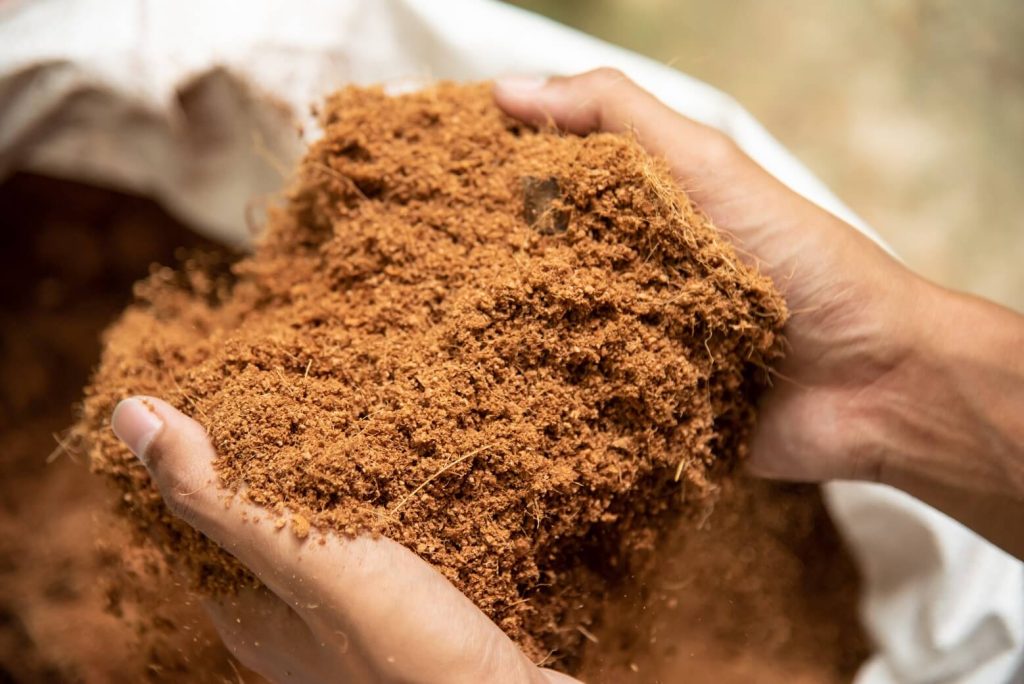In the realm of sustainable agriculture, Africa is emerging as a beacon of opportunity for coco peat and coir production. Derived from coconut husks, these versatile materials are not only eco-friendly but also offer a plethora of benefits that make investing in their production in Africa a strategic and rewarding choice.
Abundant Resource Base:
Africa is home to vast coconut plantations, presenting an abundant and renewable resource base for coco peat and coir production. This not only ensures a consistent supply but also reduces the carbon footprint associated with transportation.
Sustainable Farming Practices:
Coco peat and coir are synonymous with sustainable farming. By choosing Africa as a production hub, one aligns with the continent’s commitment to eco-friendly and ethical agricultural practices, meeting the global demand for sustainability.
Optimal Climatic Conditions:
Coconut trees thrive in warm, tropical climates, making many regions in Africa ideal for their cultivation. The optimal climatic conditions contribute to the high quality and yield of coconut husks, enhancing the overall production process.
Economic Empowerment:
Investing in coco peat and coir production in Africa translates to economic empowerment. The cultivation and processing of these materials provide employment opportunities for local communities, contributing to poverty alleviation and fostering sustainable development.
Diverse Applications:
Coco peat and coir find applications across various industries. From agriculture and horticulture to the textile and automotive sectors, the versatility of these materials makes them invaluable. Producing them in Africa opens doors to diverse markets and industries.
Export Potential:
Africa’s strategic geographical location provides easy access to international markets. By establishing coco peat and coir production units in Africa, businesses can seamlessly tap into global demand, contributing to the region’s economic growth and global trade.

Water Conservation and Drought Resilience:
The water retention properties of coco peat are especially significant in regions prone to drought. By producing these materials in Africa, where water scarcity is a concern, one actively contributes to water conservation and builds resilience against changing climatic conditions.
Carbon Neutrality:
Coco peat and coir production inherently align with carbon neutrality. The use of coconut husks, which would otherwise be discarded, minimizes waste and contributes to a circular economy, reinforcing Africa’s commitment to environmental stewardship.
Africa stands at the crossroads of agricultural transformation, and coco peat and coir production epitomize this journey towards sustainable, profitable, and eco-conscious farming practices. Choosing to produce these materials in Africa isn’t just a strategic business decision; it’s a commitment to fostering economic growth, environmental responsibility, and social well-being. The untapped potential of coco peat and coir production in Africa isn’t just an opportunity; it’s an investment in a greener, more prosperous future for the continent and the world.
We at Ashvana Global are leading exporters of Coco peat and Coir manufacturing machinery. Please connect with us to learn more about it.
